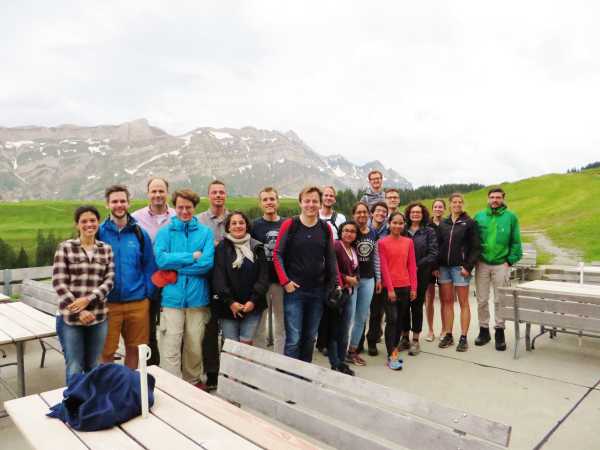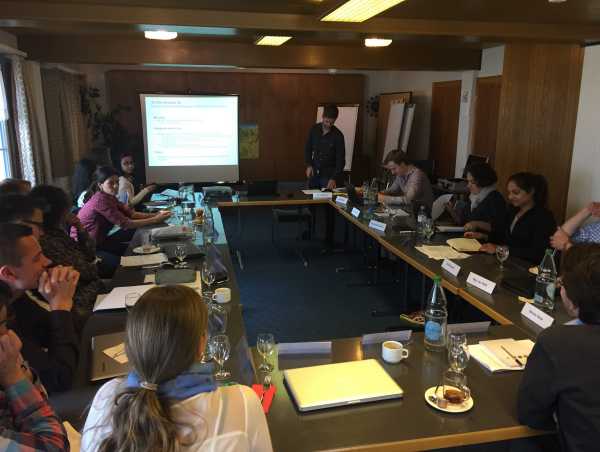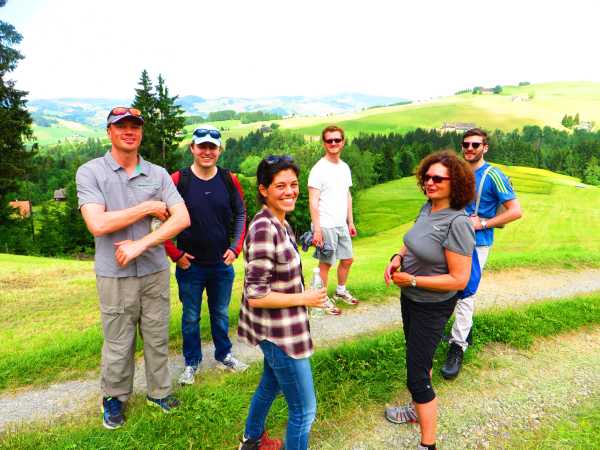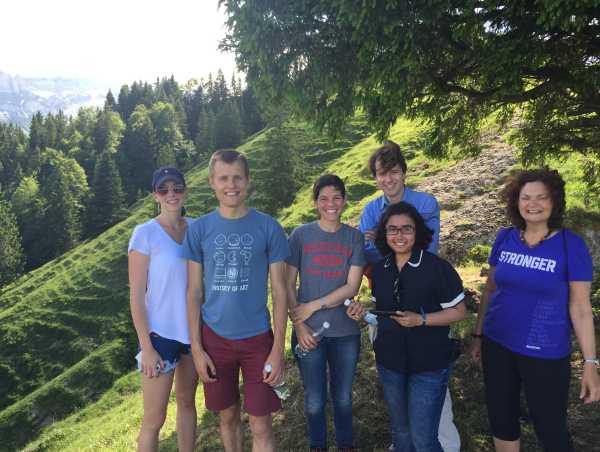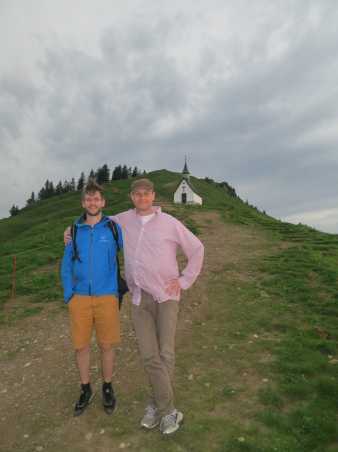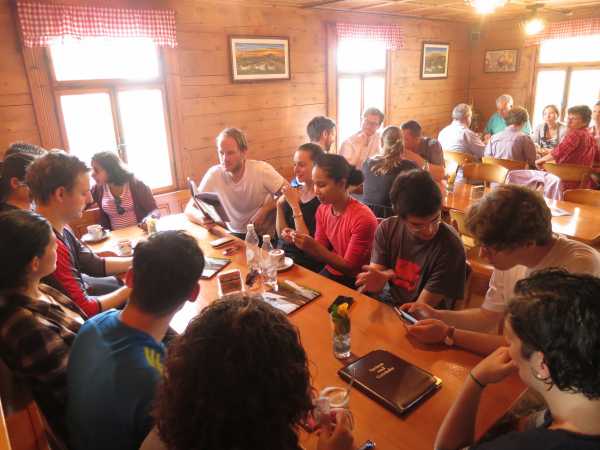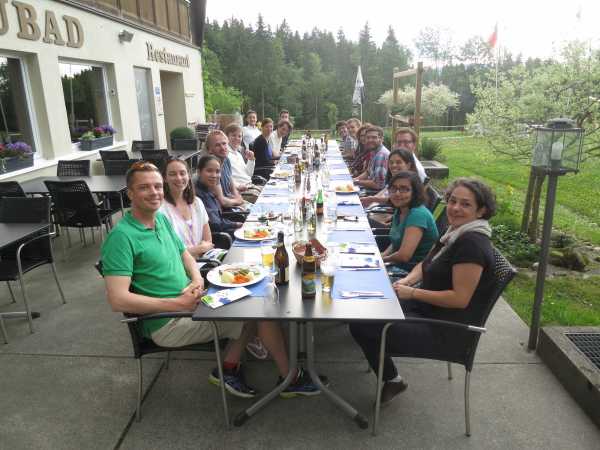ETH PhD Academy on Sustainability and Technology 2015
Energy Innovation and Climate Change – The Role of Technologies, Firms and Institutions
The program is available for Download download (PDF, 828 KB)
June 4-9, 2015, ETH Zurich
The energy sector is a major contributor to some of the most pressing societal challenges, such as climate change, resource depletion and local air pollution. To mitigate these problems, new energy technologies, e.g., renewable energy, energy efficiency and storage technologies, need to be developed and diffused. Firms and institutions, such as public policy, play a particularly important role in achieving these goals.
Against this background, the eigth annual ETH PhD Academy on Sustainability and Technology was concerned with technological, organizational and institutional change in the context of the energy sector and climate change. As in each year, the Academy provided a unique platform for PhD students with a background in innovation studies, management, economics or political sciences to present their research to an audience of like-minded students and four international faculty with a track record in research on innovation and the energy sector. Participants obtained detailed feedback on their research design, theoretical approaches and methodology. In addition, there was plenty of room for informal discussions and networking with other PhD students and professors.

Laura Diaz Anadon is an Assistant Professor of Public Policy at the John F. Kennedy School of Government at Harvard University. She is also the Co-Faculty Chair of the Energy Technology Innovation Policy research group and Associate Director of the Science, Technology, and Public Policy program at the Belfer Center for Science and International Affairs. Laura Diaz Anadon's research focuses on technology innovation innovation and policy. She focussed on innovation in energy- and environment-oriented technologies and seeks to: identify and quantify the diverse benefits that derive from policies designed to promote it; map the complex factors including, but not limited to, policies that contribute to it; and create tools for policymakers and analysts to manage the systemic uncertainties that accompany it. Laura Diaz Anadon is on the advisory board of the project on "Accelerating Energy Innovation" at the International Energy Agency and has worked as a consultant for various organizations (e.g. Climate Strategies on a World Bank project).
Laura Diaz Anadon holds a Ph.D. in Chemical Engineering from the Magnetic Resonance Catalysis Group at the University of Cambridge (UK), a Master in Public Policy from the Harvard Kennedy School, and a Master in Chemical Engineering from the University of Manchester (UK). She has also studied and worked on research at the University of Stuttgart (Germany).

Charlene Zietsma is Associate Professor, Ann Brown Chair of Organization Studies and Director of Entrepreneurial Studies at the Schulich School of Business, York University. She earned her doctorate at the University of British Columbia, and has previously taught at the Ivey School of Business at Western University and the University of Victoria. Dr. Zietsma studies processes of social innovation, entrepreneurship and institutional change, particularly in the context of conflicts or collaborations related to sustainability. She has studied clean technology and renewable energy entrepreneurship, and how more sustainable operating practices have become accepted in the BC forest industry, the Dutch timber trading industry, the Dutch sustainable tourism industry and the BC aquaculture industry. She is also studying smart, sustainable cities.
Dr. Zietsma has published research in the Administrative Sciences Quarterly, the Academy of Management Journal, Organization Science, Organization Studies, the Journal of Business Venturing and other journals. She is a senior editor at Organization Studies, and serves on several other editorial boards. She is co-editing special issues on Institutional Complexity at Strategic Organization, and on Social Innovation and Institutional Theory in Business and Society. She has also published a number of teaching case studies.
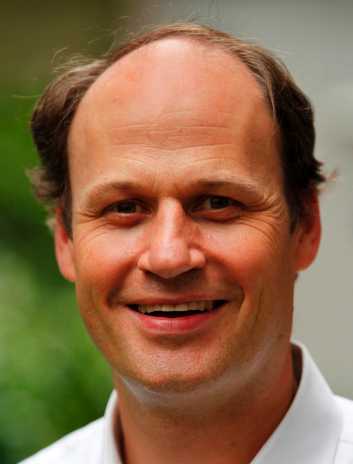
Johann Peter Murmann is Associate Professor of Management at the AGSM - UNSW Australia Business School. He was Visiting Associate Professor of Management at the Wharton School, University of Pennsylvania during the academic years 2011/12 and 2012/13. Before joining the AGSM - UNSW Australia Business School in January 2006, he was on the faculty of Northwestern University's Kellogg School of Management (from 1997 to 2005).
J. Peter Murmann is an expert on firm strategy and how to implement new strategies. He has written extensively about coevolution of firms, technology and institutions. One key focus in his research has been the development of the synthetic dye industry from 1850 to current times. Most recently is studying on what circumstances Chinese firms are able to create innovations that are new to the world. His book 'Knowledge and Competitive Advantage: The Coevolution of Firms, Technology and National Institutions¹ received the 2004 Joseph Schumpeter Prize and 2004 Stanley Reiter Best Paper Award at the Kellogg School of Management. Professor Murmann received a BA in Philosophy with honors from the University of California at Berkeley and a Masters and PhD degree with distinction in Management of Organizations (1998) from Columbia University.

Volker Hoffmann is full professor for sustainability and technology at the Department of Management, Technology, and Economics of ETH Zurich.
He received a diploma in chemical engineering from ETH Zurich in 1997 and a diploma in business administration from the University of Hagen, Germany, in 1999. In 1996/97 and 1999/2000 he worked as a visiting scholar and scientist at MIT where he investigated uncertainty propagation in large scale process models for the chemical industry (group of Gregory J. McRae). In 2001, he obtained his Ph.D. from ETH Zurich with a thesis on multi-objective decision making under uncertainty in chemical process design (group of Konrad Hungerbühler). Before joining the faculty of ETH Zurich in 2004, he was a project manager at McKinsey & Company where he worked in the chemical and electricity industry. He focused on strategy development for European utility companies, especially in the light of upcoming greenhouse gas regulations. During his career, Volker Hoffmann received several scholarships and awards including a German National Academic Foundation Scholarship (1994-97), an Ernest-Solvay-Scholarship (1996/97), and an Exchange Fellow Scholarship of the Alliance for Global Sustainability (1999/2000).
Volker Hoffmann's research at ETH Zurich centers on corporate strategies with respect to climate change, with a focus on climate policy, energy policy, and innovation. Recent research results are being published in journals such as the Journal of Management Studies, Long Range Planning, the California Management Review, Research Policy, Climate Policy, Energy Policy, Global Environmental Change, the Journal of Industrial Ecology, Policy Sciences, Environmental Science & Policy, Energy Economics, the European Management Journal, Business Strategy & the Environment, Environmental Science & Policy and Ecological Economics.
